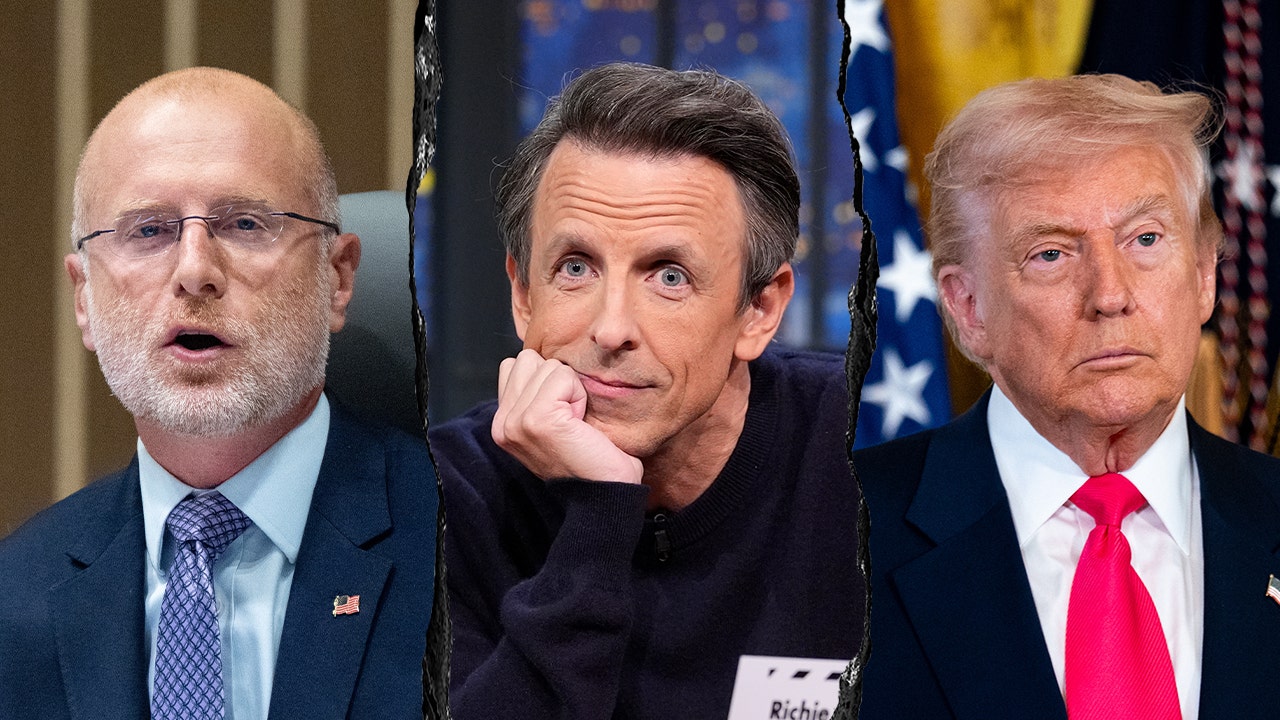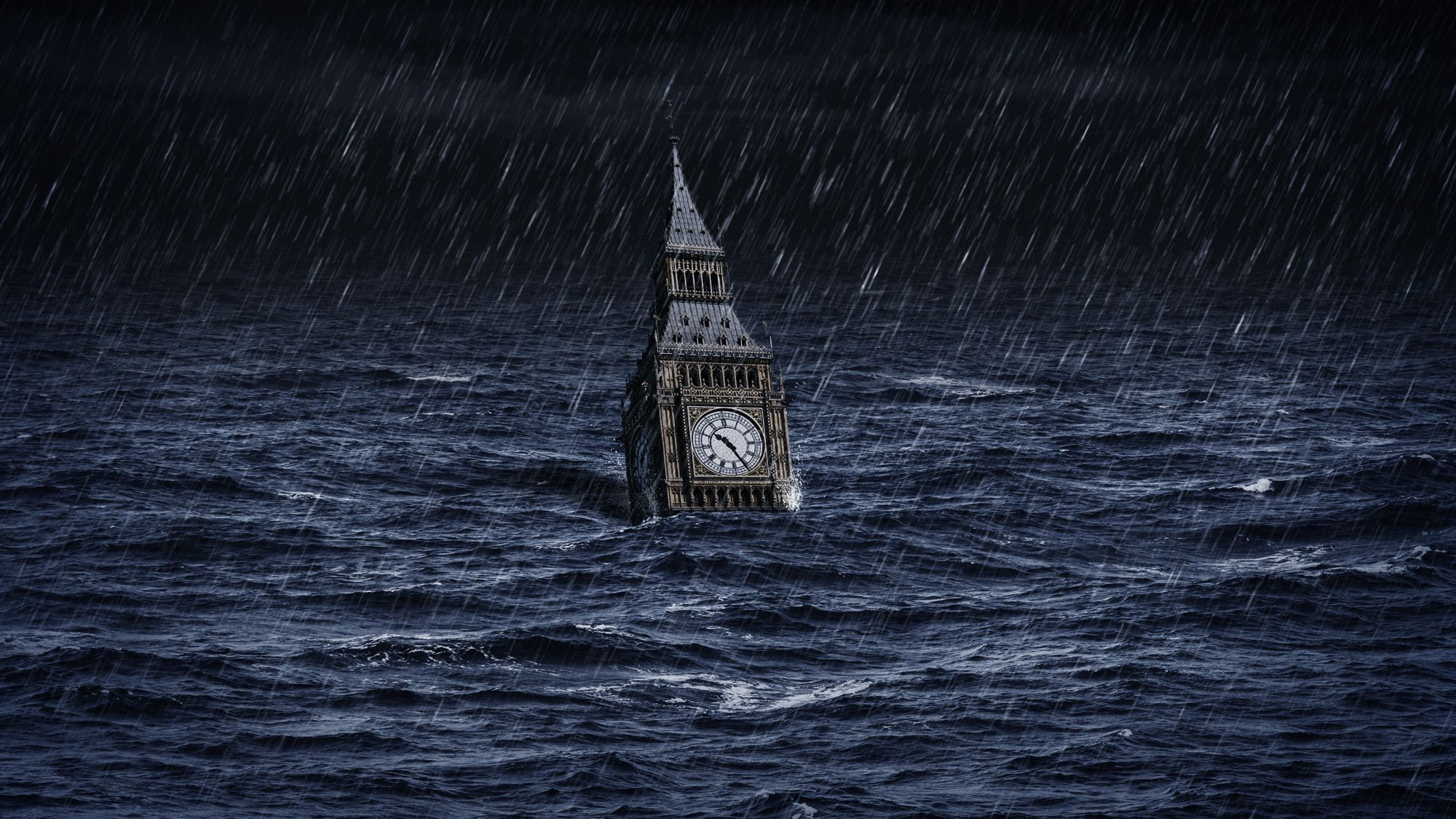Trump Criticizes Seth Meyers on Truth Social
On Saturday, former President Donald Trump used his Truth Social platform to criticize NBC late-night host Seth Meyers. In his post, Trump called for Meyers to be fired by the network, continuing his pattern of targeting media figures who have been critical of him.
FCC Chair Brendan Carr Shares the Post
Brendan Carr, chair of the Federal Communications Commission (FCC), subsequently reshared Trump's post. The move drew immediate attention and raised questions about the impartiality expected from a regulator overseeing communications and broadcast media.
Reactions and Implications
Carr’s decision to amplify Trump’s call to fire a prominent television host sparked debate among observers. Critics argue that the FCC chair’s action blurs the lines between regulatory responsibilities and political expression, potentially impacting perceptions of the agency’s neutrality.
Supporters of Carr may view the repost as an exercise of free speech, reflecting the ongoing tensions between political figures and media personalities. The incident highlights the complex relationship between government officials, media regulation, and political discourse in the United States.
Background on Seth Meyers and Media Criticism
Seth Meyers, known for his late-night talk show on NBC, has frequently been a target of criticism from former President Trump. Meyers’ commentary often includes political satire and critique, which has occasionally provoked responses from Trump and his supporters.
The FCC, led by Chair Brendan Carr, is responsible for regulating interstate and international communications by radio, television, wire, satellite, and cable. The agency’s role includes ensuring broadcasters adhere to certain standards, though it does not have direct authority over personnel decisions at networks like NBC.
Looking Ahead
The repost by Carr has not led to any formal action by the FCC regarding Meyers or NBC. However, the event underscores ongoing tensions between media figures, political leaders, and regulatory officials in the current media landscape.







